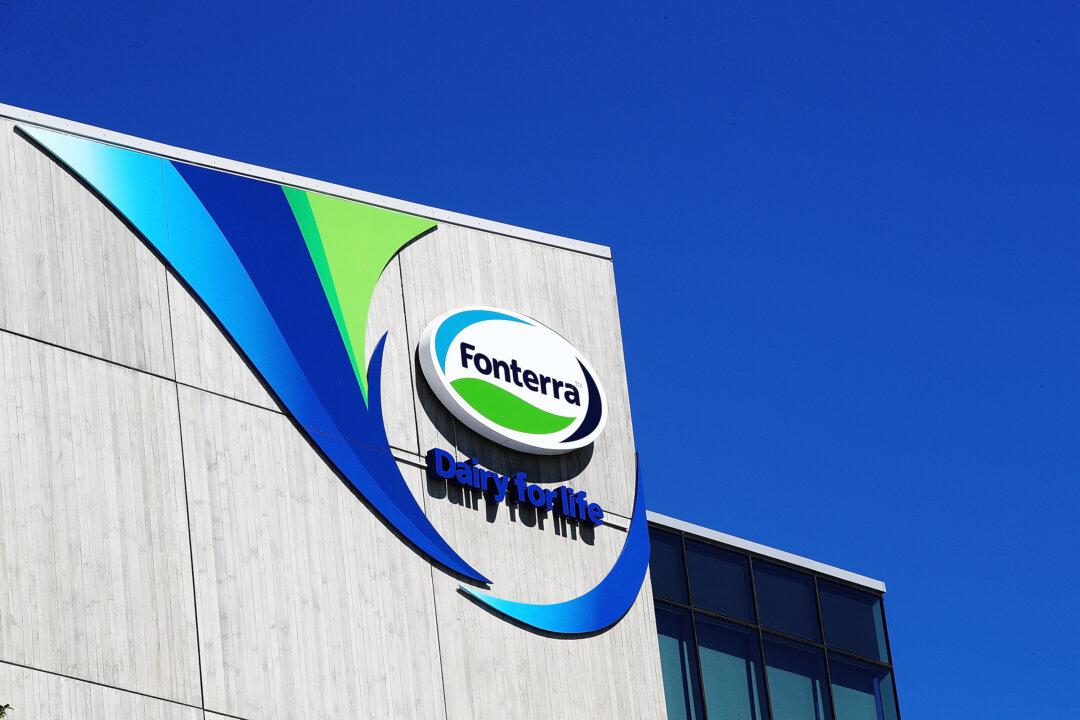The world’s largest dairy exporter Fonterra has announced it will not sell its Australian business after reporting increased profit and revenue for the past financial year.
At an investor briefing on Sept. 22, Fonterra CEO Miles Hurrell confirmed the company’s decision to retain full ownership of its Australian assets, saying it was the best path forward for growth and return on investment.





